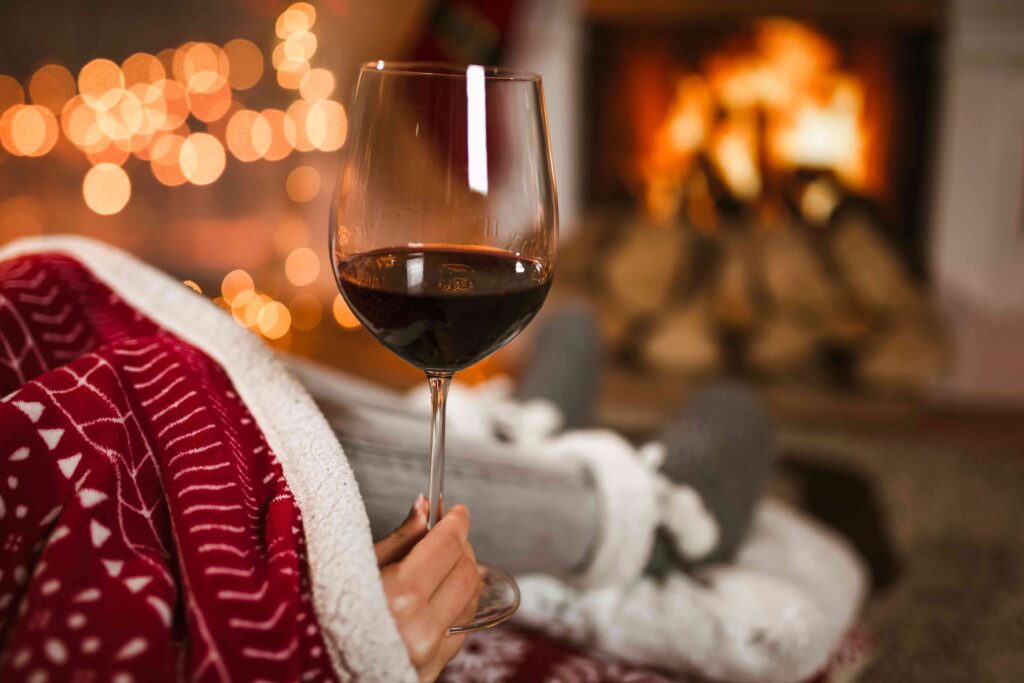
After a long day of working hard, nothing feels more rewarding than kicking back and enjoying a cold beer or glass of wine. You may even feel like it helps you fall asleep a little bit quicker. While this may seem like a great way to wind down before bed, it could be negatively affecting your sleep apnea. Continue reading to learn how alcoholic beverages can impact your sleep.
How Are Alcohol & Sleep Apnea Related?
Sleep apnea is a sleep disorder that causes breathing to repeatedly stop and start when you sleep. This can result in loud snoring with occasional gasping, choking, or snorting sounds. This means a wide range of troublesome symptoms during the day – like chronic fatigue, lack of focus, irritability, and more. When you drink alcohol, the muscles in your airway become relaxed. This can cause obstructions in your upper airway, leading to additional apneas.
Even those who don’t normally have sleep apnea can experience symptoms of sleep apnea after drinking. Studies have shown that moderate to heavy alcohol use can cause OSA episodes in otherwise healthy individuals.
What Other Sleep Problems Does Alcohol Cause?
Drinking alcohol before bed can affect your sleep in other ways as well. Research has shown that drinking alcohol disrupts the brain’s normal electrical activity during sleep, changing your sleep cycle. This can lead to altered circadian rhythms, insomnia, and shorter sleep duration.
Can You Drink Alcohol If You Have Sleep Apnea?
When you drink alcohol, the effect on your airway can mean an increase in snoring. Alcohol decreases your drive to breathe, slowing down your breathing and making your breaths shallower. If you have sleep apnea, it is encouraged that you avoid drinking alcohol – particularly for a few hours before going to bed. Drinking in the evening or immediately before bed worsens sleep apnea, making it more challenging to breathe throughout the night.
How Does Sleep Apnea Treatment Work?
CPAP is a common way to address sleep apnea. While it is effective for many patients, others find the apparatus uncomfortable and bulky, so they don’t use it every night. Alternatively, oral appliance therapy can be used to keep the airway open throughout the night. This is a small device that you wear in your mouth. It works by shifting the jaw into proper position to reduce the number of cessions in breathing throughout the night.
If you have sleep apnea, you may want to think twice about drinking alcohol before bed. You may just notice a difference in your quality of sleep and quality of life!
About the Practice
At Healthy Sleep Tulsa, Dr. Lori Hare, Dr. Billie Reeder, and Dr. Robin Ross work together to treat patients in the Tulsa community. With their combined experience and expertise, patients can get pretty much anything they need under one roof. To learn more about sleep apnea or to schedule an appointment, visit their website or call (918) 300-4325.
